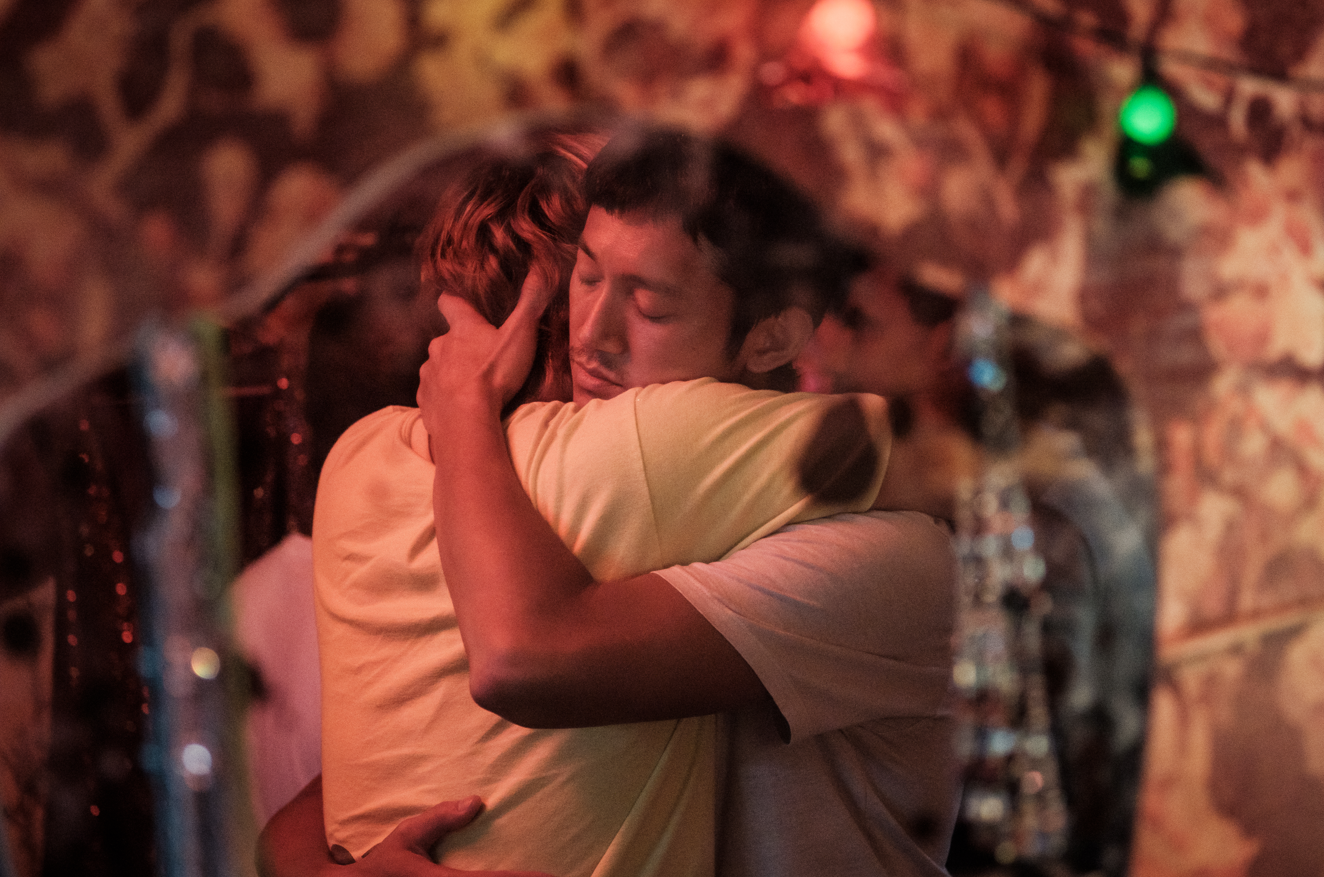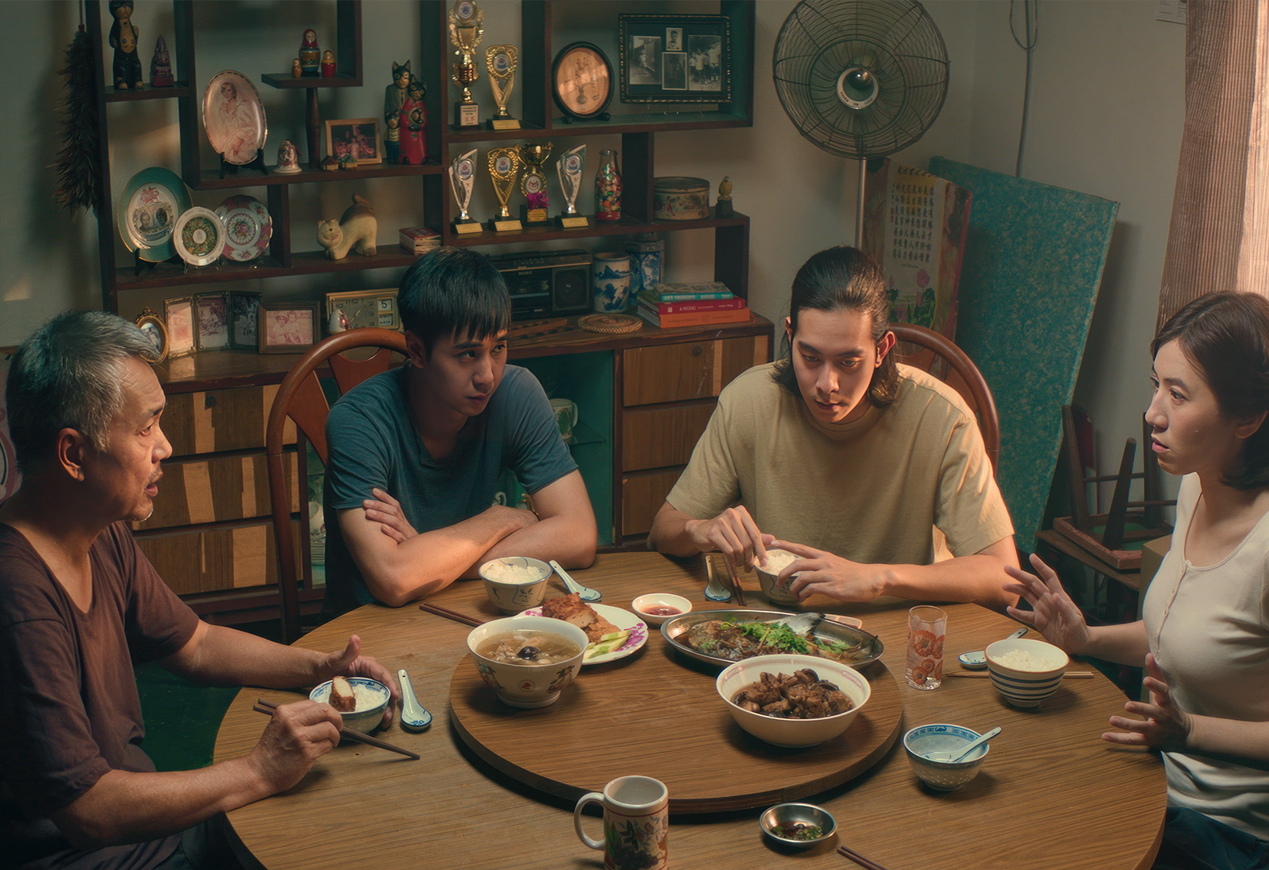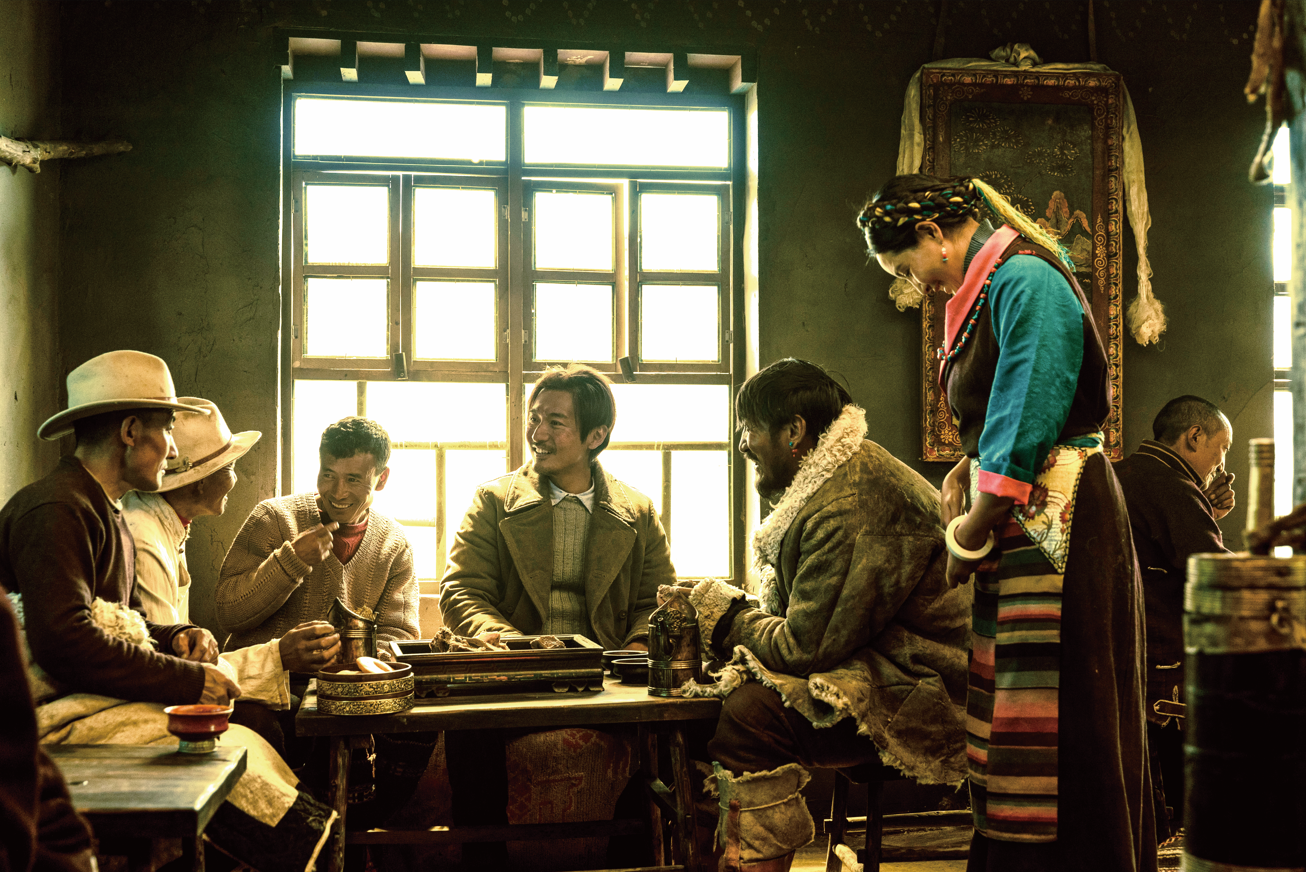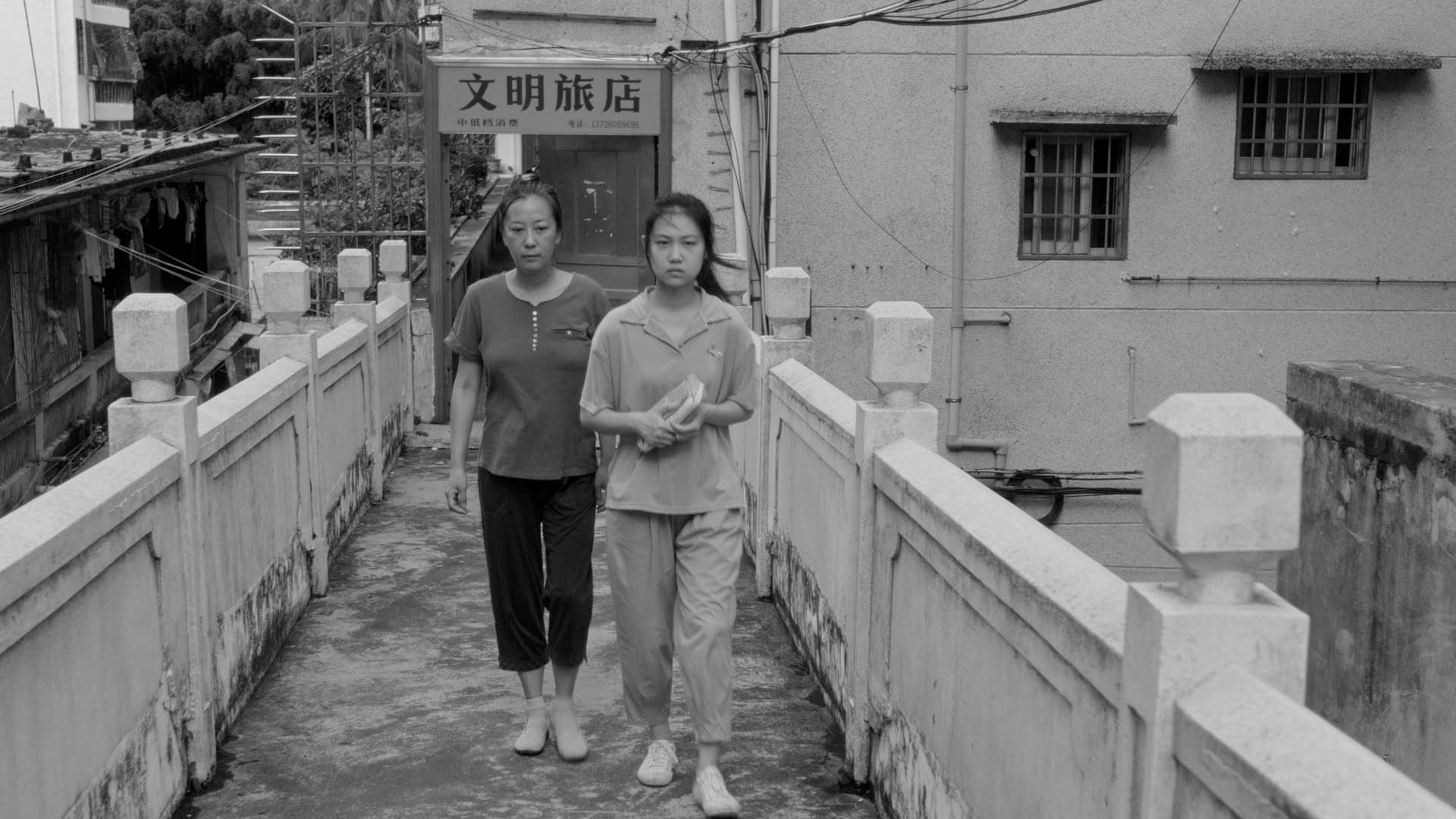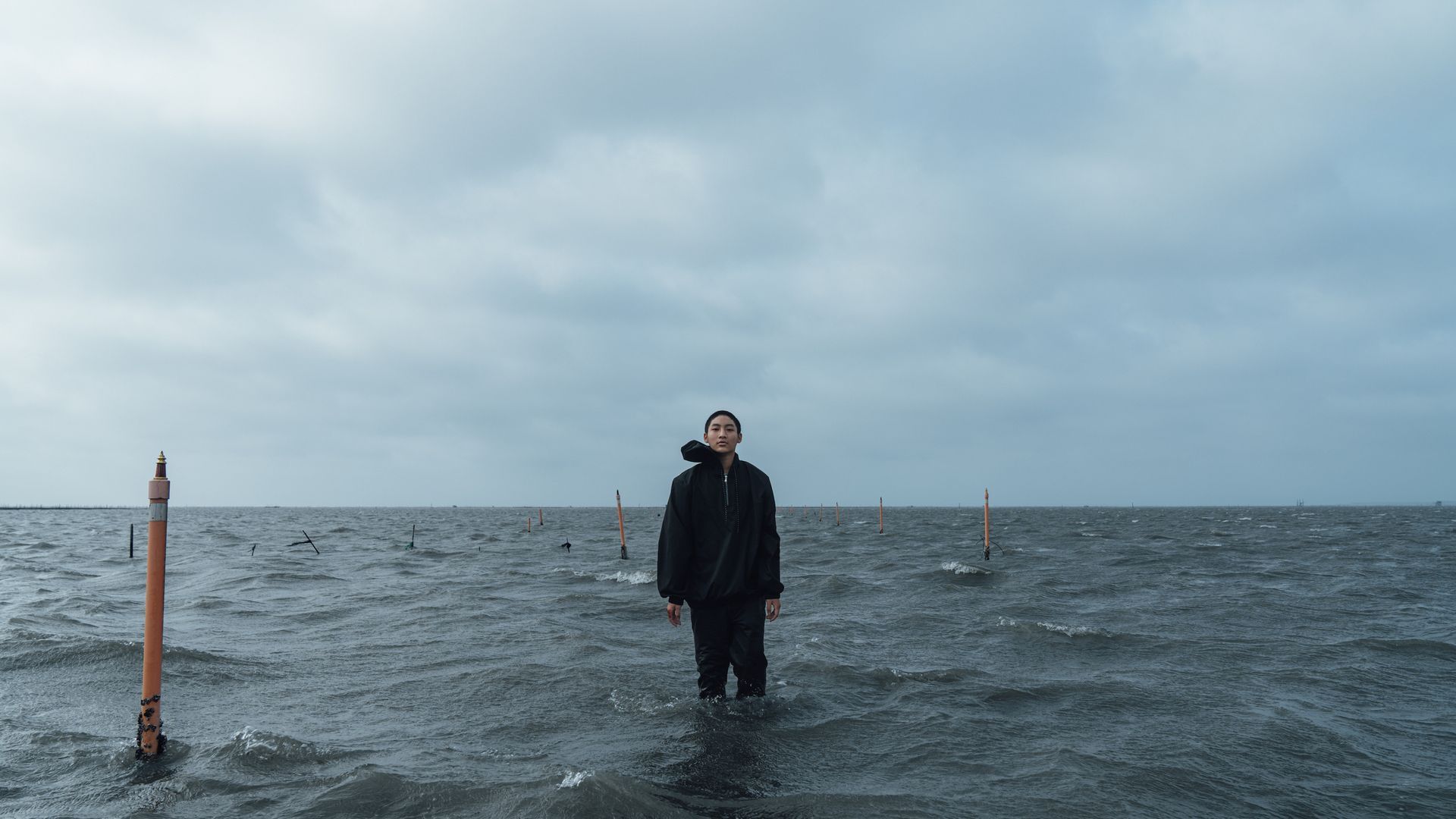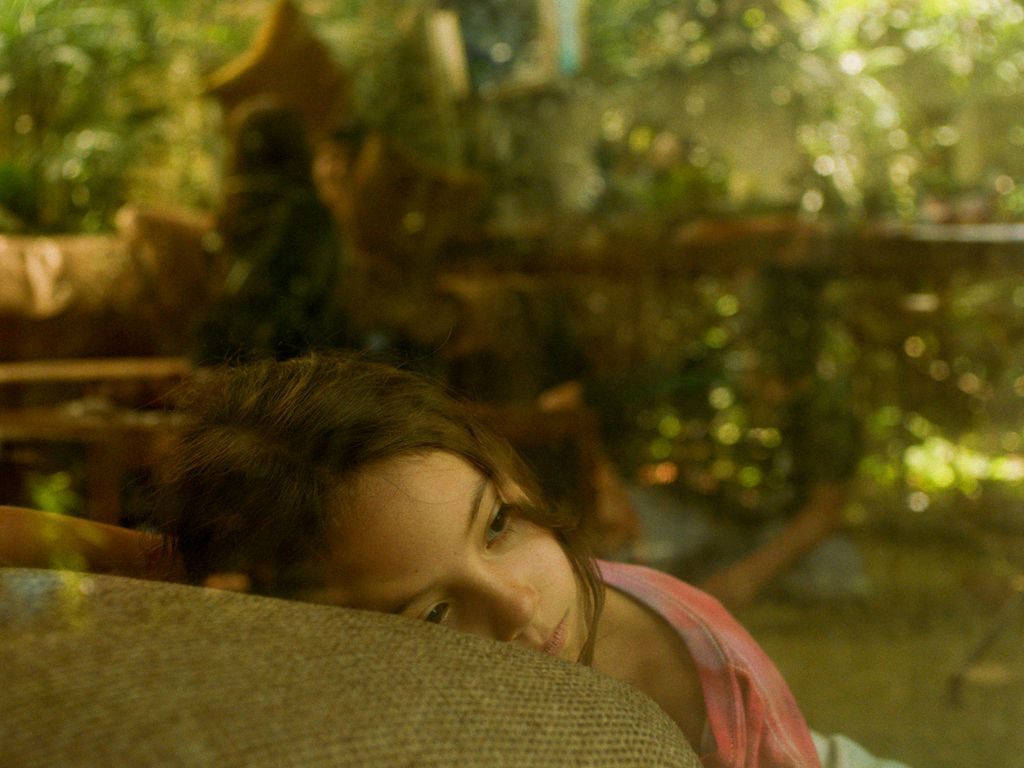
Sammo Hung: A Retrospective
Sammo Hung: A Retrospective
To the average person not connected to Asian cinema, Sammo Hung might not be whom one immediately envisions as a martial arts actor, much less one whose work is intrinsically woven into the cloth of martial arts cinema. And yet, you would be hard pressed to find anyone else who has garnered as much respect and acclaim in action cinema, both in front and behind the camera.
Born in Hong Kong, Samuel “Sammo” Hung Kam-bo’s life was connected to the movies right from the very start; his parents worked in the industry as wardrobe artists, and his grandmother was Mrs. Chin Tsi-ang, no less than the first recorded female martial arts actor in Chinese cinema. He would continue this familial lineage as his grandparents enrolled him into the China Drama Academy, an institution that is known as a “Peking Opera School”, which focused on teaching acrobatics, martial arts, and other avenues of physical performance.
Moreover, these types of schools have been long associated and worked on a sense of “Chinese tradition”, where teachers are called sifu, or masters, and they maintained absolute control over their students’ lives. Hung’s experience would be no different during his seven-year tenure at the school, but he would soon find himself honing a skill-set and talent that would lay the foundation for his career to come.
In fact, Hung’s time during the school is one part of a larger “flashpoint” on the development of Hong Kong action cinema. His abilities led him to be the leader of the pack of the “Seven Little Fortunes”, a performance troupe showcasing the best talent the school had, and many among this small group would go on to spearhead and re-shape the cinematic landscape of martial arts cinema during the late 70’s and early 80’s. The biggest name amongst these seven is undoubtedly Jackie Chan, whose popularity would surpass even Hung with his international success. Action movie diehards would know the names of Yuen Biao, who would star alongside Chan and Hung in classics such as
Project A (1983) and
Wheels on Meals (1984), and Yuen Wah, who is perhaps most known on screen as the Landlord in Stephen Chow’s
Kung Fu Hustle (2004). Another member, Corey Yuen, would become a renowned action director for both Asian and Hollywood films, working on
X-Men (2000) and
The Expendables (2010), among others.
However, what made Sammo Hung stand out amongst this already prodigious amount of talent was his seniority, both in and out of the troupe. Jackie Chan himself would touch on this; in a press conference, he would describe how, as the oldest among them, Sammo would give him and the other students some pocket money from his earnings, establishing himself as the “big brother” of the group.
This would extend even beyond from the troupe to his work in film, where he would be the first of the group to make a mark in the industry, decades before he would solidify his legacy and earn his “big big brother” status in the Hong Kong film scene. Beginning as a child actor in the early 60’s, Sammo would quickly put his talents to good use, honing his craft at the Shaw Brothers Studio throughout the decade in a variety of action and stunt related work, during what is considered the Golden Age of Hong Kong cinema. As he branched away from Shaw to Golden Harvest during the 70’s, he would put his name on modern day classics such as Bruce Lee’s
Enter the Dragon (1973) and King Hu’s
A Touch of Zen (1971).
Sammo would have a solid career as action director through the 70’s, although his onscreen work would continue to be mostly in supporting roles. However, as the decade came to a close, the local industry began to shift. Whilst martial arts remained popular, new trends were emerging; brilliantly performed but rigidly choreographed moves were shifting into a more fluid style, as well as a seemingly increased preference for contemporary settings. Indeed, one only needs to see Sammo’s work in Knockabout (1979) and Project A (1983) to feel this stark difference in style despite being only four years apart.
Sammo then would find himself in the midst of this era of trailblazing, pioneering and establishing how martial arts will be “felt” on screen with films such as
Wheels on Meals (1984) and
Dragons Forever (1988), and yet that almost pales in comparison to his increased work as a producer during this time, breathing life into subgenres that are now considered staples of the era.
One example would be the jiangshi, or zombie, genre of horror films. With his own
Encounters of the Spooky Kind (1980) as a progenitor, he would go on to help kickstart this now iconic symbol of Hong Kong cinema by producing
Mr. Vampire (1985). Another example would be the female-led martial arts film, where he revitalised the genre by producing
Yes, Madam! (1985), which would introduce the world to Michelle Yeoh.
This undercurrent of reinvention would reflect on Sammo himself as well, albeit in a smaller capacity. Whilst he continued to mainly work in martial arts, he would take the chance and explore more dramatic avenues in the filmmaking world. The biggest marker for that should almost certainly be Mabel Cheung’s
Eight Taels of Gold (1989), in which he gives a fully dramatic role as an émigré coming back to his hometown. His efforts, done much earlier than his opera troupe compatriots, would net him a Best Actor nomination in the 1990 Hong Kong Film Awards.
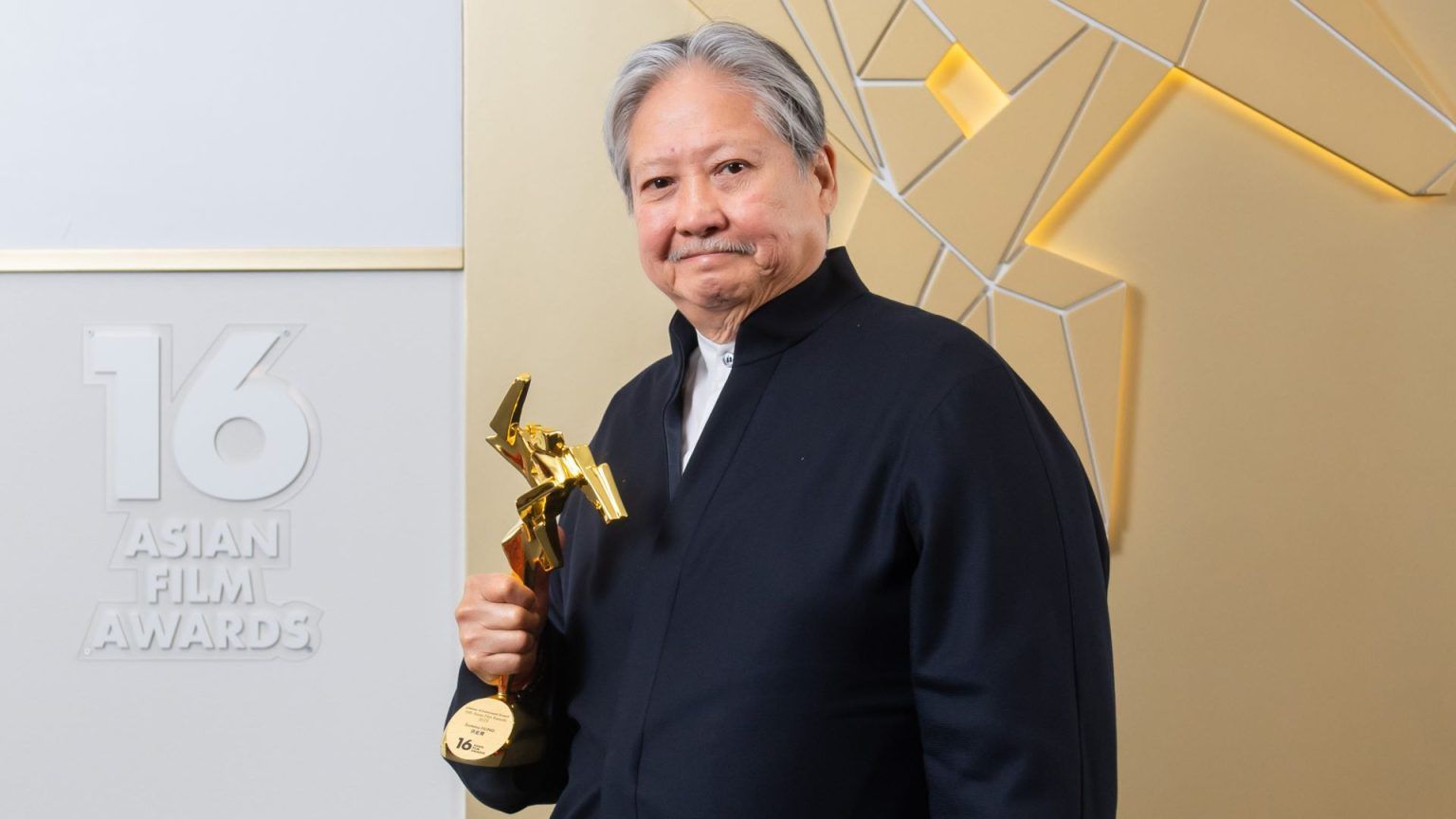
The 1990’s and 2000’s would prove to be somewhat of a relative lull in Sammo’s career, though he continued to have steady work as director and action director, providing his experience to Wong Kar-Wai’s Ashes of Time (1994). He also continued to make sporadic appearances in films, and even appeared on TV. Notably, he starred in his own successful American TV show, Martial Law (CBS, 1998 - 2000), an outlier in both American television and what one would expect for a Hong Kong martial artist star.
However, after a prominent role as the antagonist in 2005’s SPL, Sammo would have a fierce resurgence in his stardom after his acclaimed performance in Donnie Yen’s
Ip Man 2
(2010) as the old fashioned yet ailing master of Hung Gar kung fu, as well as serving as the action director once more. His role in the film is almost cognizant of his legacy; a highly respected figure from the days of old, sparring with the ‘new guard’ and keeping pace with them.
Thankfully, unlike his character in the film, Sammo is still fairly active in the film scene and has continued to work, with his most recent directorial feature being
The Bodyguard
(2016), where he seemed to have allowed his career to come full circle, giving cameo appearances to his old opera troupe brothers and some prominent members of the industry during its heyday. Indeed, for some of them, such as famed supporting actor Dean Shek, this was the first time he had been on screen since the 1990’s, and would be his final performance before his death in 2021.
In the past few years, it seems as though the wider Hong Kong film industry was finally giving Sammo his due. He has always maintained a level of respect and significance, but it’s only recently that there have been more public accolades of his life’s work. Just last year, in 2023, he received the Asian Film Awards’ Lifetime Achievement Award, and as of this writing, it has only been a few days since he has been awarded the same by the Hong Kong Film Awards. In his speech after the ceremony, he dryly quipped that, after receiving two Lifetime Achievement Awards, he would like to get one for Best Director, hoping that he will get the chance to direct at least ten more movies in the future.
At 72 years old, Sammo Hung remains as dedicated to his work as ever. He is slated to appear in Soi Cheang’s much anticipated
Twilight of the Warriors: Walled In
(2024), whose title itself evokes a time gone by, a time that Sammo was deeply part of. His career is not just woven into the history of the Hong Kong film industry, but intrinsically changed and shaped it to what it is today. Let us hope that it shall continue to do so yet.
About the Author: Wei Li Heng is an avid lover of uncovering and writing about obscure and underseen Asian cinema. He hopes to discover local cinematic gems and share them to a wider audience.
——————————————————————————-
The Filmmaker in Focus: Sammo Hung segment is part of the Singapore Chinese Film Festival 2024 and will take place from 3-5 May 2024. Find out more here.
SFS Members are entitled to $1 discount using the exclusive promo code provided via Members EDM. Email us at
info@singaporefilmsociety.com
if you have not received yours yet. Anyone can sign up for SFS Membership here:
https://www.singaporefilmsociety.com/membership
BLOG


